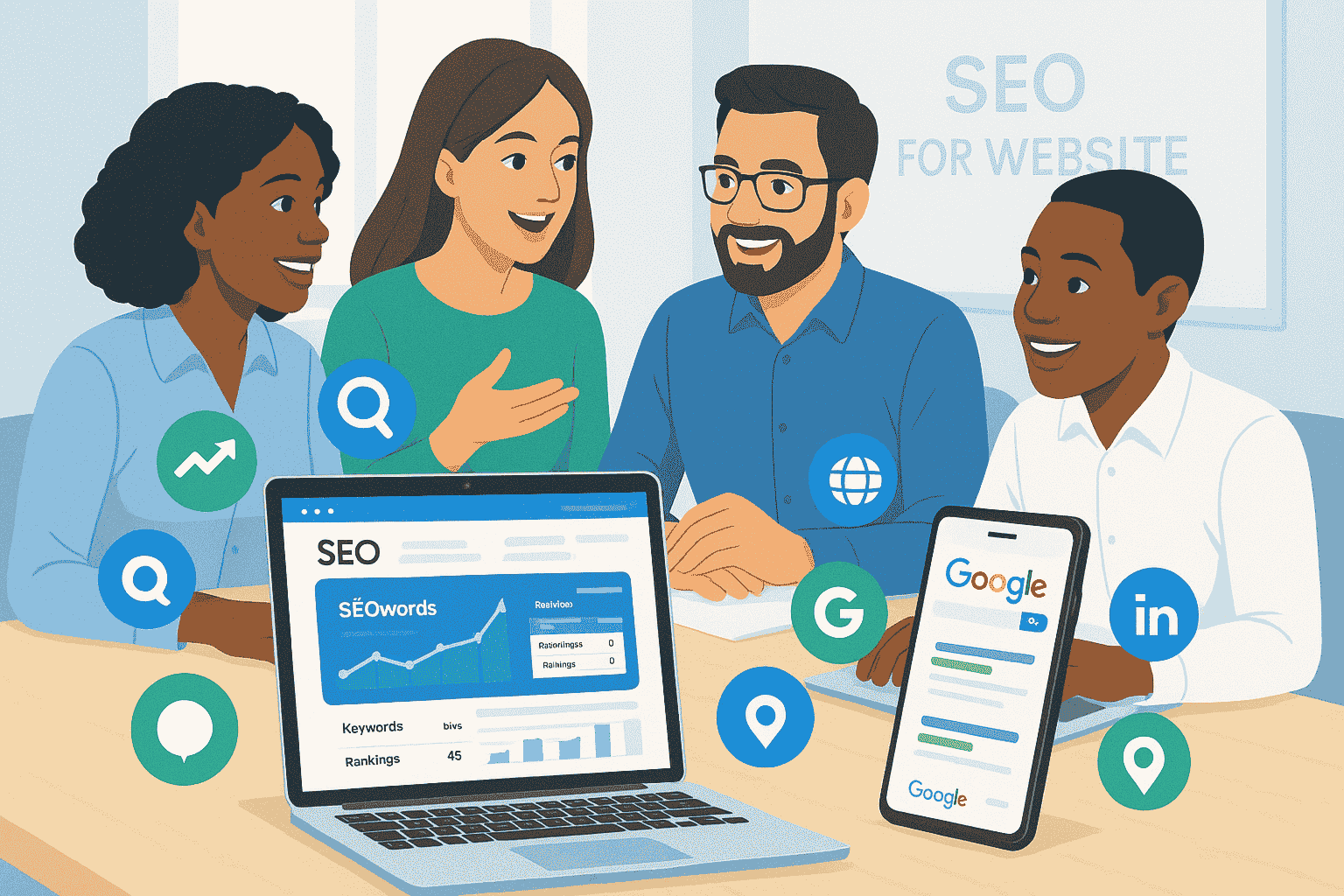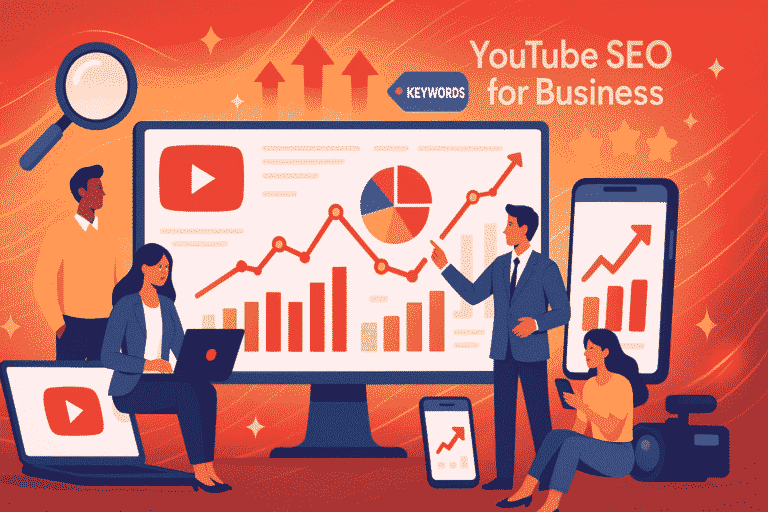SEO for website is the foundation of digital marketing in 2025. Whether you’re a local business, an e-commerce store, or a global brand, understanding how SEO works and why SEO is important for business can be the difference between thriving online or being invisible. This guide covers everything from “SEO near me” to “SEO for Instagram,” and answers the most common questions: what SEO do, why SEO is important, and how to make SEO work for your business.
What is SEO?
SEO stands for Search Engine Optimization. It’s the process of improving your website and online presence to increase visibility in search engine results (like Google, Bing, and even social platforms). The goal is to attract more organic (unpaid) traffic to your website or profile.
SEO is not just about keywords. It’s about understanding what your audience is searching for, how search engines work, and how to deliver the best possible experience to both.
How SEO Works: The Basics
Understanding how SEO works is the first step to success. Here’s a breakdown:
1. Crawling and Indexing
Search engines use bots (crawlers) to scan your website and collect information. This data is stored in an index.
2. Ranking
When someone searches, the search engine uses algorithms to rank the most relevant pages from its index.
3. On-Page SEO
This includes optimizing your website’s content, meta tags, images, and internal links.
4. Off-Page SEO
This involves building backlinks (links from other websites to yours), social signals, and online reputation.
5. Technical SEO
This covers site speed, mobile-friendliness, secure connections (HTTPS), and structured data.
6. User Experience (UX)
Google and other search engines reward sites that are easy to use, fast, and provide value.
SEO for Website: Building a Strong Foundation
SEO for website is the cornerstone of digital marketing. Here’s how to build a strong SEO foundation:
1. Keyword Research
Identify what your target audience is searching for. Use tools like Google Keyword Planner, Ahrefs, or SEMrush.
How to Do Keyword Research
- Brainstorm topics related to your business.
- Use keyword tools to find search volume and competition.
- Analyze competitors to see what keywords they rank for.
- Focus on long-tail keywords (e.g., “SEO for website design in Chicago”).
- Include question-based keywords (e.g., “how SEO works for small business”).
2. On-Page Optimization
- Use keywords naturally in titles, headings, and content.
- Write compelling meta titles and descriptions.
- Optimize images with alt text (e.g., “SEO for website”).
- Use internal links to connect related pages.
On-Page SEO Checklist
- Title tags and meta descriptions for every page
- H1, H2, and H3 headings with relevant keywords
- Short, descriptive URLs
- Image optimization (alt text, file size)
- Schema markup for rich results
3. Technical SEO
- Ensure your site loads quickly.
- Use HTTPS for security.
- Make your site mobile-friendly.
- Fix broken links and errors.
Technical SEO Best Practices
- Use a reliable hosting provider.
- Minimize code and compress images.
- Set up XML sitemaps and robots.txt.
- Implement canonical tags to avoid duplicate content.
- Use structured data for enhanced search results.
4. Content Creation
- Publish high-quality, original content regularly.
- Answer common questions (like “how SEO works” or “why SEO is important for business”).
- Use a mix of blog posts, videos, infographics, and case studies.
Content Ideas for SEO
- How-to guides (e.g., “How SEO Works for E-commerce”)
- Industry news and trends
- Product or service pages optimized for keywords
- Customer testimonials and case studies
- FAQ pages targeting “what SEO do” and “why SEO is important”
5. User Experience
- Make navigation easy.
- Use clear CTAs (calls to action).
- Ensure your site is accessible to all users.
UX Tips for SEO
- Use a clean, intuitive layout.
- Make buttons and links easy to find.
- Ensure text is readable on all devices.
- Add a search bar for large sites.
6. Analytics and Tracking
- Set up Google Analytics and Google Search Console.
- Track traffic, rankings, and conversions.
What to Track
- Organic traffic growth
- Keyword rankings
- Bounce rate and time on site
- Conversion rates (leads, sales, signups)
- Backlink profile
SEO for Instagram: Social Media Optimization
SEO for Instagram is about making your profile and content discoverable both within Instagram and on search engines.
1. Optimize Your Profile
- Use a clear, keyword-rich bio (e.g., “Digital marketing agency specializing in SEO for website and Instagram”).
- Add a link to your website.
2. Use Relevant Hashtags
- Research and use hashtags your audience is searching for.
- Mix popular, niche, and branded hashtags.
3. Alt Text for Images
- Instagram allows you to add alt text to your posts. Use descriptive, keyword-rich text.
4. Engage with Your Audience
- Respond to comments and DMs.
- Collaborate with influencers and brands.
5. Post Consistently
- Use a content calendar.
- Share a mix of posts, stories, and reels.
6. Location Tags
- Tag your location to appear in “SEO near me” searches.
7. Cross-Promote
- Share your Instagram content on your website and other social platforms.
Instagram SEO Tips
- Use keywords in your captions and bio.
- Create shareable content that encourages saves and shares.
- Monitor Instagram Insights to see what content performs best.
- Use Instagram Stories Highlights to keep important content visible.
Instagram SEO for Business Growth
- Run Instagram ads targeting local audiences.
- Collaborate with micro-influencers in your niche.
- Use Instagram Shopping if you sell products.
- Track conversions from Instagram to your website.
SEO Near Me: Local SEO for Business
“SEO near me” is one of the most powerful trends for local businesses. Local SEO helps you show up when customers search for services or products in their area.
1. Google Business Profile
- Claim and optimize your Google Business Profile.
- Add accurate business info, photos, and regular updates.
- Collect and respond to reviews.
2. Local Keywords
- Use keywords like “SEO near me,” “best bakery in [city],” or “plumber near me.”
3. Local Listings
- Get listed on Yelp, TripAdvisor, Yellow Pages, and industry-specific directories.
4. NAP Consistency
- Ensure your Name, Address, and Phone number are consistent everywhere online.
5. Local Backlinks
- Partner with local organizations, sponsor events, and get mentioned in local news.
6. Location Pages
- Create dedicated pages for each location you serve.
7. Mobile Optimization
- Most local searches happen on mobile. Make sure your site is mobile-friendly.
Local SEO Advanced Tactics
- Use Google Posts to share updates and offers.
- Add Q&A to your Google Business Profile.
- Encourage customers to upload photos and reviews.
- Use schema markup for local business.
Local SEO for Service Businesses
- Add service area pages for each city or neighborhood you serve.
- Publish blog posts about local events or partnerships.
- Sponsor local charities or events for backlinks and exposure.
What SEO Do: The Real Impact on Business
So, what SEO do for your business? Here’s the real impact:
- Increases visibility: More people find your business online.
- Drives targeted traffic: Attracts people actively searching for your products/services.
- Builds credibility: High rankings signal trust and authority.
- Boosts conversions: SEO traffic converts better than most other channels.
- Reduces ad spend: Organic traffic is free, unlike paid ads.
- Supports long-term growth: SEO results compound over time.
SEO for website and social profiles is not just about rankings—it’s about building a sustainable, profitable business.
Additional Benefits of SEO
- Brand awareness: Even if users don’t click, seeing your brand in search results increases recognition.
- Competitive edge: Outrank competitors and capture more market share.
- Better user experience: SEO improvements often make your site easier to use for everyone.
- Global reach: SEO can help you reach customers beyond your local area.
SEO for E-commerce
- Optimize product pages for keywords and user intent.
- Use structured data for product reviews and pricing.
- Create category pages targeting “best [product] near me.”
- Encourage customer reviews for trust and rankings.
Why SEO is Important for Business in 2025
Why SEO is important and why SEO is important for business are questions every entrepreneur should ask. Here’s why:
1. Most Online Experiences Start with Search
Over 90% of online experiences begin with a search engine. If you’re not visible, you’re missing out.
2. SEO Builds Trust and Authority
People trust Google’s top results. Ranking high means you’re seen as a leader in your field.
3. SEO Delivers High ROI
SEO is one of the most cost-effective marketing strategies. It brings in targeted, high-converting traffic.
4. SEO Supports All Stages of the Customer Journey
From awareness to purchase, SEO helps customers find answers and solutions at every step.
5. SEO is Measurable
You can track rankings, traffic, leads, and sales. This data helps you refine your strategy.
6. SEO Future-Proofs Your Business
As algorithms and consumer behavior change, a strong SEO foundation keeps you competitive.
7. SEO Integrates with Other Marketing Channels
SEO supports content marketing, social media, email, and paid ads.
Why SEO is Important for Small Business
- Levels the playing field: Small businesses can outrank big brands locally.
- Drives foot traffic: Local SEO brings more people to your door.
- Builds community: Engaging content and reviews foster loyalty.
Why SEO is Important for Startups
- Cost-effective: SEO is cheaper than paid ads for long-term growth.
- Scalable: As your business grows, so does your organic reach.
- Investor appeal: Strong SEO signals a healthy, growing business.
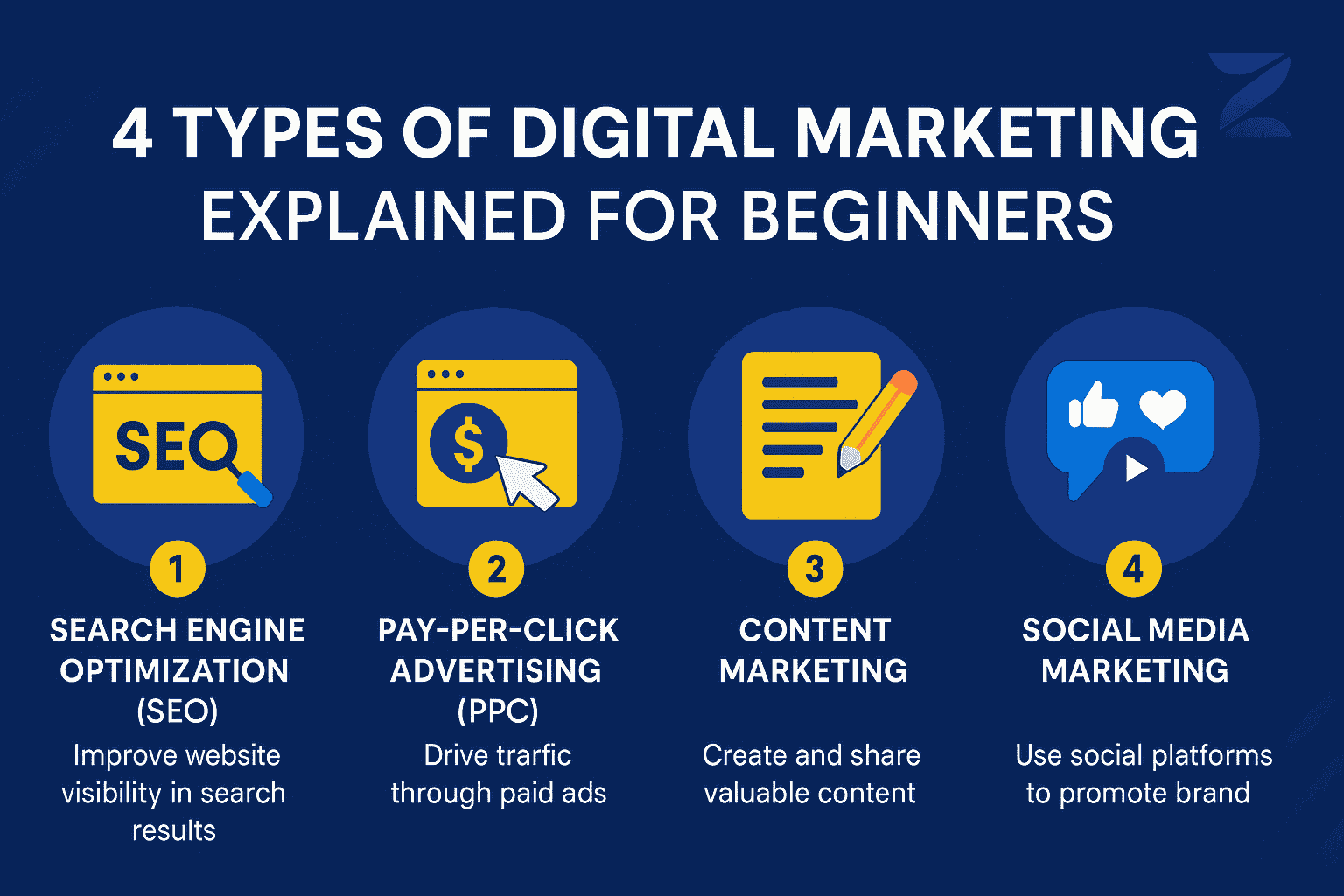
How to Implement SEO for Your Website and Business
1. Audit Your Current Digital Presence
- Use tools like SEMrush or Ahrefs to analyze your site.
- Identify technical issues, keyword gaps, and backlink opportunities.
2. Set Clear SEO Goals
- Define what success looks like (traffic, leads, sales, rankings).
3. Keyword Research
- Find keywords your audience is searching for, including “SEO for website,” “SEO near me,” and “how SEO works.”
4. On-Page Optimization
- Update titles, meta descriptions, headers, and content.
- Add internal links and optimize images.
5. Content Creation
- Publish blog posts, guides, and case studies.
- Answer questions like “what SEO do” and “why SEO is important for business.”
6. Technical SEO
- Improve site speed, mobile usability, and security.
- Fix crawl errors and broken links.
7. Link Building
- Reach out to industry blogs, local partners, and news sites for backlinks.
8. Local SEO
- Optimize your Google Business Profile and local listings.
- Use local keywords and create location pages.
9. Social Media SEO
- Optimize your Instagram and other profiles.
- Use hashtags, alt text, and location tags.
10. Track and Improve
- Monitor your progress with Google Analytics and Search Console.
- Adjust your strategy based on data.
SEO Implementation Timeline
- Month 1: Audit, research, and fix technical issues.
- Month 2: On-page optimization and content creation.
- Month 3: Link building and local SEO.
- Ongoing: Content updates, analytics, and continuous improvement.
Building an SEO Team
- SEO strategist: Sets the overall direction.
- Content writer: Creates optimized content.
- Web developer: Handles technical SEO.
- Link builder: Acquires high-quality backlinks.
- Social media manager: Promotes content and builds brand awareness.
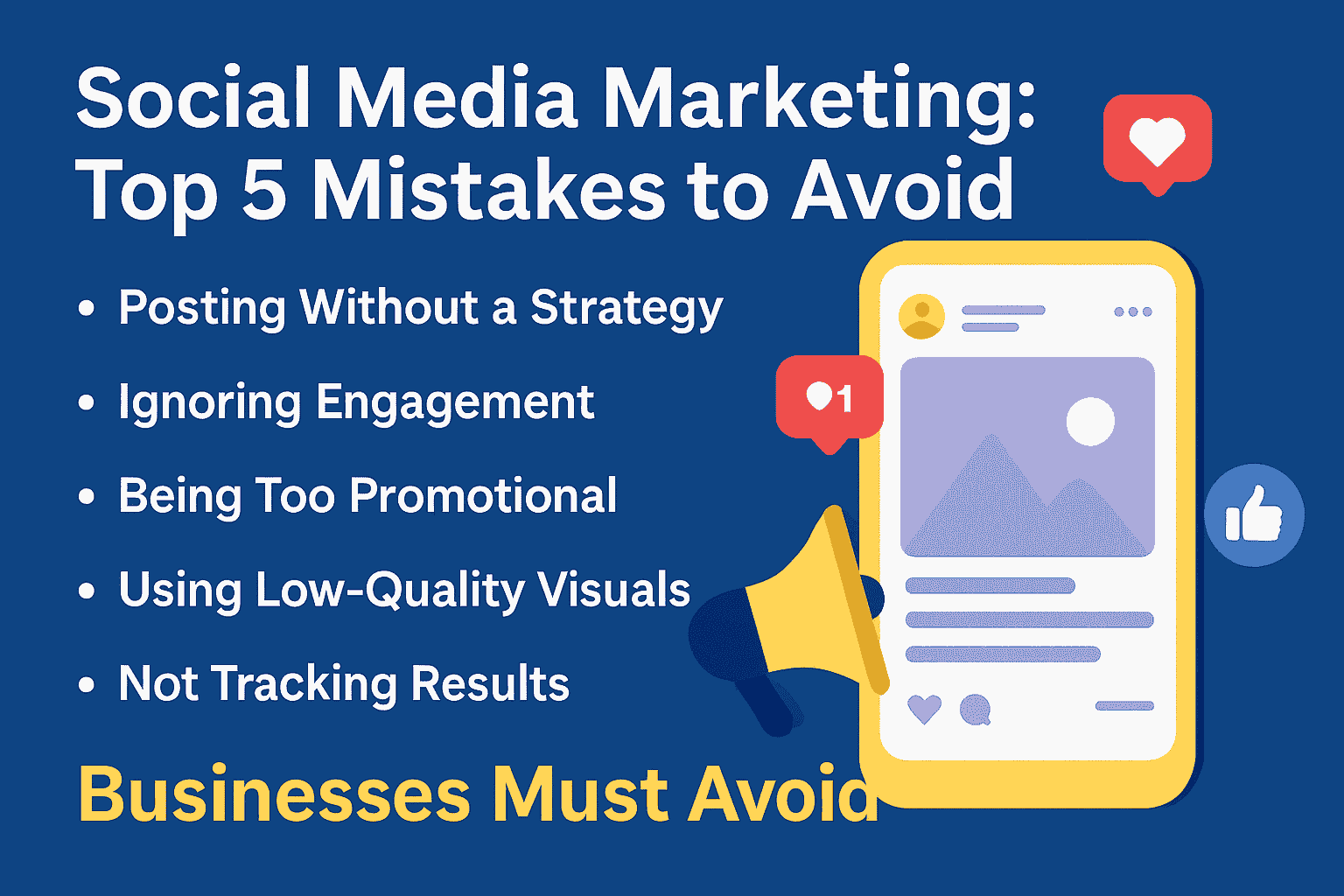
Common SEO Mistakes to Avoid
- Keyword Stuffing: Overusing keywords makes content unreadable and can hurt rankings.
- Ignoring Mobile Optimization: Most searches are on mobile devices.
- Neglecting Technical SEO: Slow, broken, or insecure sites lose rankings.
- Not Using Analytics: Without tracking, you can’t improve.
- Duplicate Content: Google penalizes copied or repetitive content.
- Ignoring Local SEO: Especially important for “SEO near me” searches.
- Not Updating Content: Outdated information can hurt your credibility and rankings.
- Buying Low-Quality Links: Focus on earning links from reputable sources.
- Neglecting User Experience: Poor navigation and slow load times drive users away.
- Not Optimizing for Voice Search: More users are searching by voice every year.
- Forgetting About Accessibility: Make sure your site is usable for everyone, including those with disabilities.
Case Studies: SEO Success Stories
1. Local Bakery: From Invisible to #1
A bakery in Austin, Texas, optimized its website for “bakery near me” and “best cupcakes in Austin.” They claimed their Google Business Profile, collected reviews, and posted weekly on Instagram using “SEO for Instagram” strategies. Within six months, they ranked #1 for local searches and doubled their foot traffic.
2. E-commerce Store: National Growth
An online retailer invested in SEO for website, targeting product keywords and creating detailed guides on “how SEO works for e-commerce.” They built backlinks from industry blogs and optimized for mobile. Organic sales grew by 120% in a year.
3. Consulting Firm: B2B SEO
A consulting firm focused on “SEO near me” and “why SEO is important for business.” They published case studies, optimized their LinkedIn and Instagram, and ran local ads. Their lead generation increased by 80% in 12 months.
4. Fitness Studio: Instagram SEO
A fitness studio used “SEO for Instagram” by optimizing their bio, using local hashtags, and posting daily stories. They also linked their website and Google Business Profile. Their class bookings from Instagram tripled.
5. Tech Startup: Global Reach
A SaaS company used international SEO strategies, translated their website, and built links from global tech blogs. They now rank on the first page for “project management software” in five countries.
6. Law Firm: Local Domination
A law firm optimized for “SEO near me” and “best lawyer in [city].” They published legal guides, collected reviews, and sponsored local events. Their organic leads increased by 200% in a year.
7. Restaurant: Local SEO and Instagram
A restaurant in New York City optimized its Google Business Profile, encouraged customer reviews, and posted daily food photos on Instagram. They used “SEO for website” to rank for “best brunch NYC” and “SEO for Instagram” to attract influencers. Reservations increased by 60% in one year.
Advanced SEO Strategies for 2025
1. AI and Machine Learning
- Use AI tools for keyword research, content optimization, and competitor analysis.
- Implement chatbots for better user experience.
2. Voice Search Optimization
- Optimize for conversational keywords and questions.
- Add FAQs to your website.
3. Video SEO
- Create YouTube videos and optimize titles, descriptions, and tags.
- Embed videos on your website.
4. Featured Snippets and Zero-Click Searches
- Structure content to answer questions directly.
- Use bullet points, tables, and concise answers.
5. E-A-T (Expertise, Authoritativeness, Trustworthiness)
- Showcase credentials, testimonials, and case studies.
- Get mentioned on reputable sites.
6. Core Web Vitals
- Improve site speed, interactivity, and visual stability.
7. International and Multilingual SEO
- Optimize for multiple languages and regions if you serve a global audience.
8. Schema Markup and Structured Data
- Use schema to enhance your listings with reviews, FAQs, and more.
9. Content Hubs and Topic Clusters
- Organize your content around main topics and related subtopics for better rankings.
10. Sustainability and Accessibility
- Make your website accessible to all users.
- Highlight your business’s sustainability efforts in your content.
11. Personalization and Dynamic Content
- Use data to personalize website content for different users.
- Show location-based offers or recommendations.
12. SEO for Emerging Platforms
- Optimize for search on TikTok, Pinterest, and voice assistants.
- Use hashtags and keywords relevant to each platform.
SEO Tools and Resources
- Google Search Console
- Google Analytics
- Ahrefs
- SEMrush
- Moz
- Ubersuggest
- Screaming Frog
- Yoast SEO
- Answer the Public
- Surfer SEO
- Google Trends
- Majestic
Conclusion: Your Next Steps for SEO Success
SEO for website, Instagram, and local business is not a one-time task—it’s an ongoing process. By understanding how SEO works, what SEO do, and why SEO is important for business, you can build a sustainable online presence that drives growth in 2025 and beyond.
Action Steps:
- Audit your current SEO and digital presence.
- Set clear goals and KPIs.
- Implement the strategies in this guide.
- Track your progress and adjust as needed.
- Stay updated with SEO trends and algorithm changes.
Ready to grow your business? Start optimizing your SEO for website, Instagram, and local search today!
Frequently Asked Questions
Q: How long does it take to see SEO results?
A: Most businesses see noticeable improvements in 3-6 months, but SEO is a long-term investment.
Q: Is SEO better than paid ads?
A: SEO delivers sustainable, long-term traffic, while ads provide instant but temporary results. The best strategy often combines both.
Q: Can I do SEO myself?
A: Yes, but many businesses benefit from working with an SEO expert or agency for faster, better results.
Q: How does SEO work for Instagram?
A: By optimizing your profile, using hashtags, alt text, and engaging content, you make your Instagram more discoverable.
Q: Why is local SEO important?
A: Local SEO helps you reach customers searching for services “near me,” driving more foot traffic and local sales.
Q: What is the difference between on-page and off-page SEO?
A: On-page SEO refers to optimizing elements on your website, while off-page SEO involves building authority through backlinks and external signals.
Q: How often should I update my website for SEO?
A: Regular updates (at least monthly) keep your content fresh and relevant, which search engines love.
Q: What is technical SEO?
A: Technical SEO involves optimizing your website’s infrastructure—site speed, mobile-friendliness, security, and crawlability.
Q: How do I measure SEO success?
A: Use tools like Google Analytics and Search Console to track organic traffic, keyword rankings, conversions, and backlinks.
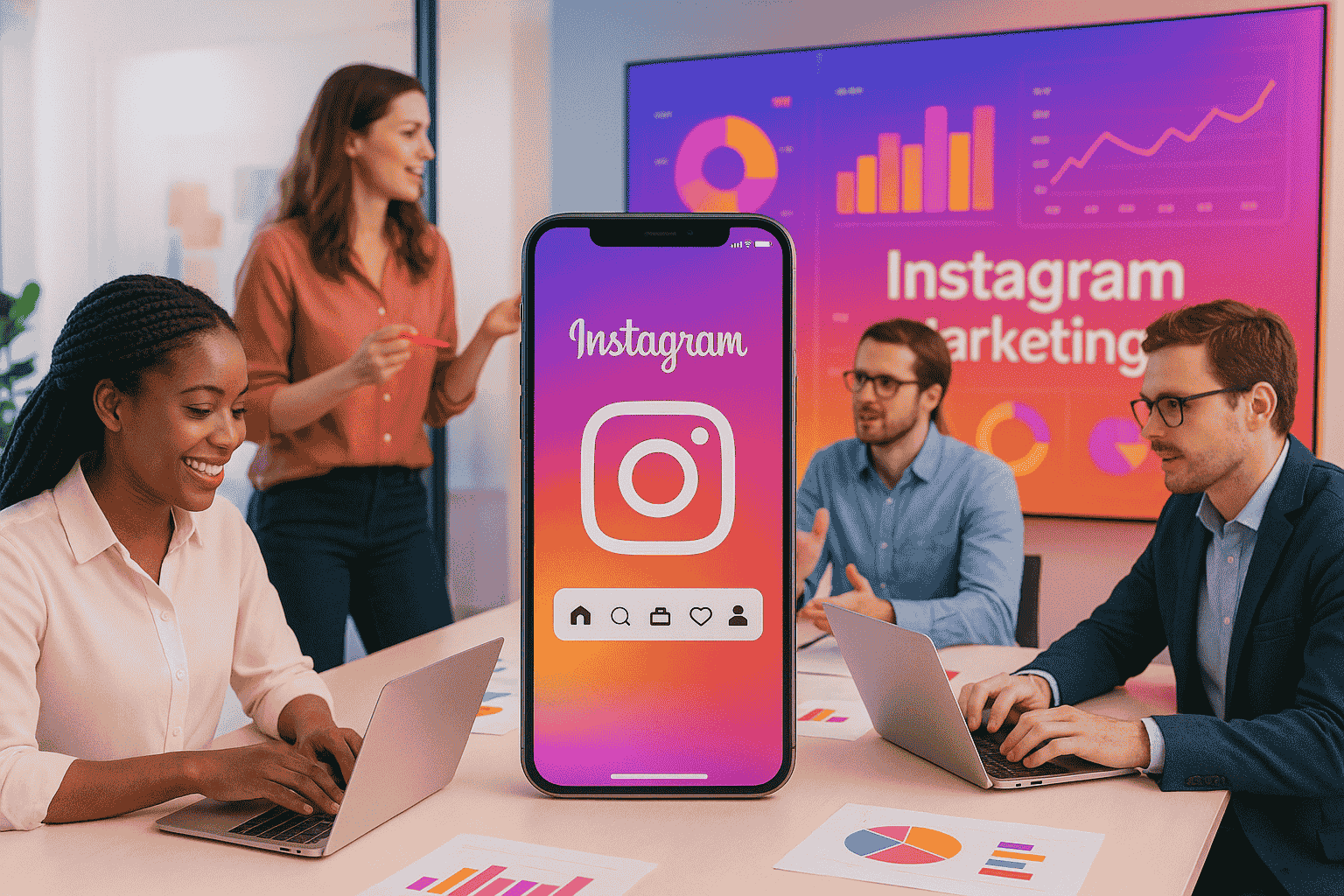
Further Reading
- Google Search Central: SEO Starter Guide
- Moz: Beginner’s Guide to SEO
- Ahrefs Blog: SEO Basics
- Neil Patel: What is SEO?
- Search Engine Journal: SEO for Instagram
Need Help Elevating Your Digital Brand?
Ready to implement a future-ready brand strategy? Our expert team specializes in crafting compelling online identities that convert browsers into believers.
👉 Contact Us Today for a free 15-minute consultation.

